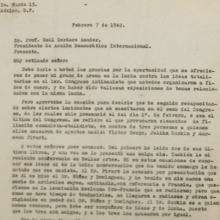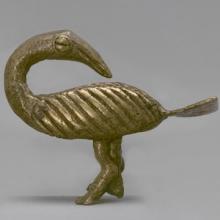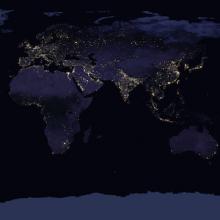Global

Primer: Intellectual Exchange
Ideas do not confine themselves to national borders, and thus intellectual exchange provides an invaluable lens for exploring world history. Tracing how knowledge develops and ideas spread requires a close analysis of exchange of ideas across regions — sometimes across large distances.

Short Teaching Module: Using Ships as Guides for Transnational Adventures through World History
Ships travel across oceans and in doing so connect people in disparate places across the globe. In this essay, Brandon Tachco explains how a focus on ships as a theme can add much to the study of world history.

A Naval Encounter between Dutch and Spanish Warships
Spanish galleons were large ships specifically built to carry a huge amount of cargo across the vast distances of the Spanish maritime empire. The Manila Galleon Trade is a common topic in world history courses and represents the first truly global trade in world history.

Balclutha
Balclutha was built in 1886 on the River Clyde near Glasgow, Scotland, for Robert McMillan, a Glaswegian shipbuilder who occasionally owned ships as a side-business.

HMM Algeciras
As of the beginning of 2021, the Algeciras class is the largest container vessel in the world, able to carry nearly 24,000 TEU (twenty-foot long containers). It is constructed by Daewoo Shipbuilding and Marine Engineering and owned by Hyundai Merchant Marine.

Primer: Technology
Technology, broadly defined, denotes not only transformative innovations but the whole spectrum of tools, skills and artifacts with which human societies construct their worlds.

Primer: The History of Globalization
Globalization, defined here as the integration of an interdependent economy that simultaneously enhances cultural exchanges relying on the mobility of people, animals, plants, pathogens, objects, and ideas, is a useful concept for exploring connections across space and time.

World Light Map
In "38 maps that explain the global economy", Matthew Yglesias has captured for Vox the prominent features of our contemporary global economy and society.

Analyzing Newspapers
A newspaper is a publication intended for a broad audience that appears regularly, often daily, and claims to contain factual accounts of recent events. Usually newspapers are published with the intention of making a profit.